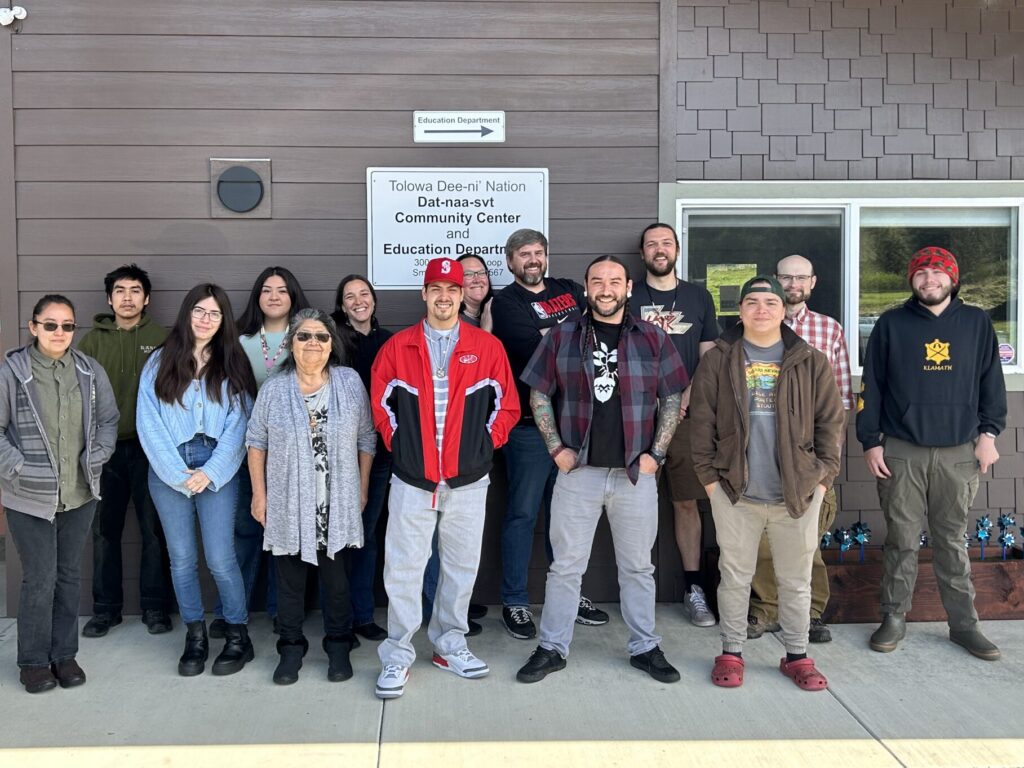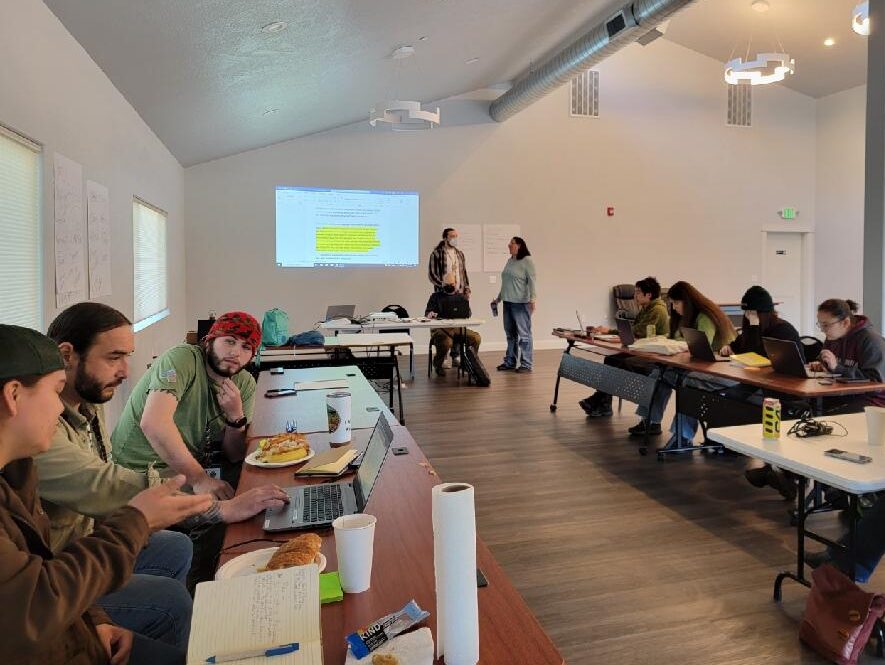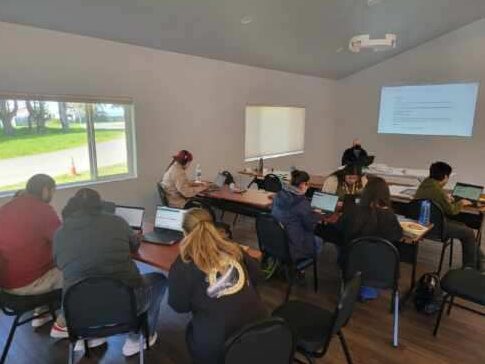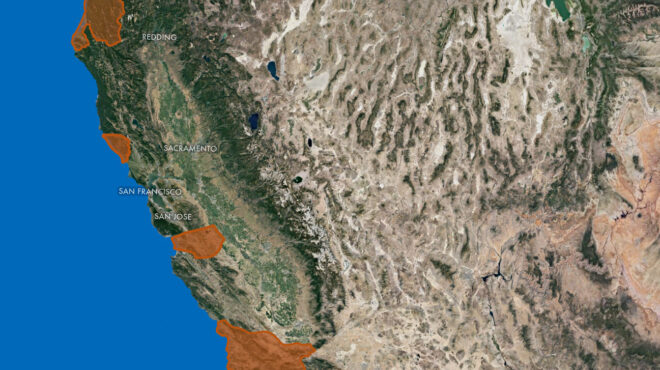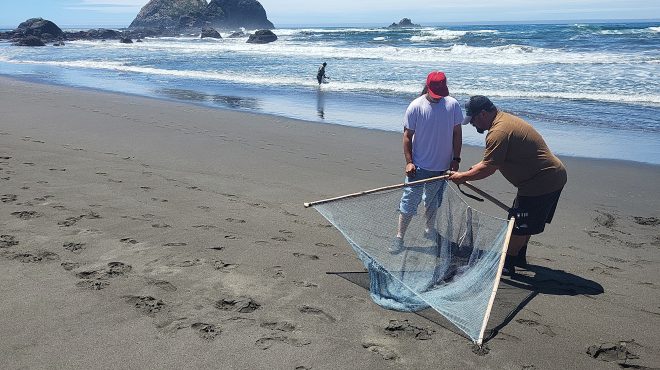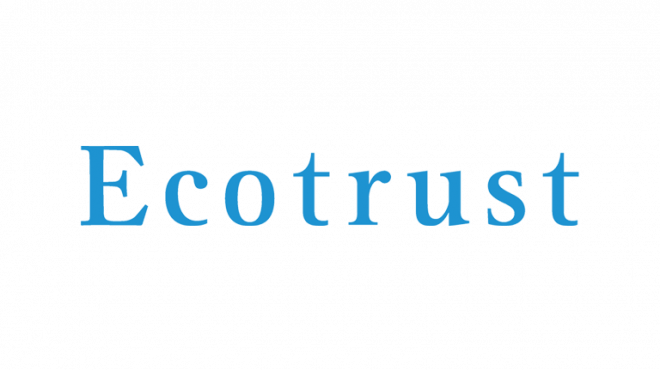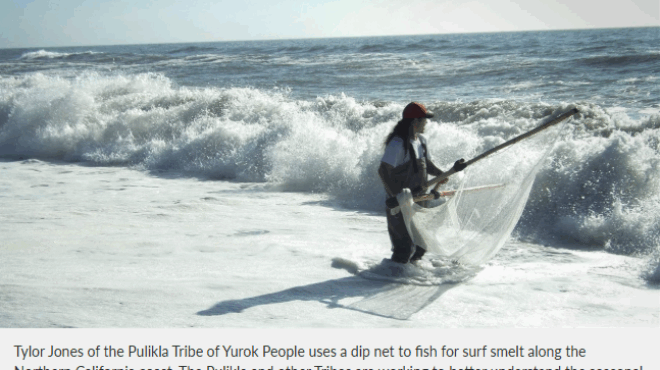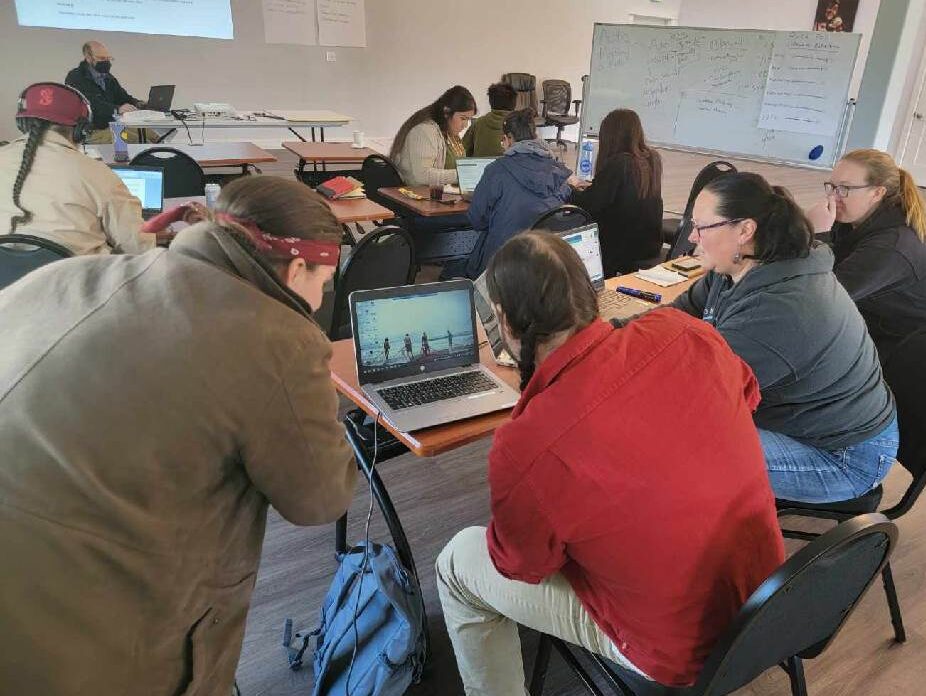 In April, an intensive workshop on Indigenous-led archiving was collaboratively held by the staff from three tribal communities: Tolowa Dee-ni’ Nation, Resighini Rancheria, and Kashia Band of Pomo Indians. The three-day event underlined the significance of Indigenous-led archiving in promoting community wellness, with an emphasis on how databasing could reinforce community-centric learning and understanding.
In April, an intensive workshop on Indigenous-led archiving was collaboratively held by the staff from three tribal communities: Tolowa Dee-ni’ Nation, Resighini Rancheria, and Kashia Band of Pomo Indians. The three-day event underlined the significance of Indigenous-led archiving in promoting community wellness, with an emphasis on how databasing could reinforce community-centric learning and understanding.
The first day was dedicated to participants discussing how to integrate their own community’s values and knowledge stewardship practices into a digital environment. They shared core values about how to care for and share knowledge and explored how to incorporate those teachings into database operations.
Over the next two days, they worked closely with three staff from Ecotrust—Carson Viles (Confed. Tribes of Siletz), Jon Bonkoski, and software developer Ryan Hodges—to create a unique version of an Indigenous Traditional Knowledges (ITK) Database for their respective tribe. This session included a walk-thru of the software, followed by time spent together practicing how to enter and curate the contributions of cultural experts within the software.
First initiated in 2018, this database software, a joint venture between Tolowa Dee-ni’ Nation and Ecotrust, was designed to serve as a central hub for tribes to store archival content while concurrently providing contemporary educational materials that emphasize cultural stewardship.
In the past, many archival materials were gathered using extractive processes which did not benefit the community of origin. By maintaining their own archives, tribal communities can reassert their position as the rightful custodians of the teachings found within these archival materials. It also ensures that these materials are utilized in a manner that prioritizes benefits to the community of origin.
The database provides a myriad of potential uses for tribal staff. For instance, it can be used to support creating educational cultural materials, reinterpreting ethnographic materials through the expertise of tribal elders, mapping culturally significant locations, managing long-term monitoring data, and more.
This tool has the potential to assist tribes in bringing forward effective strategies and knowledge to inform tribally-led management of lands and waters at a critical time, as California faces increasingly severe wildfires, drought and other climate-related impacts. As one piece of a complex puzzle, the database offers an empowering resource to support the continuation of Indigenous knowledge and ways of life.

